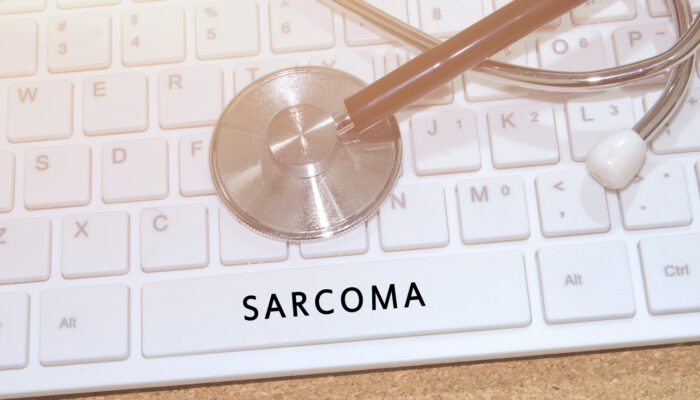
The Primary Symptoms of HIV
Human immunodeficiency virus (or HIV) is a sexually transmitted disease (STD) that attacks the white blood cells, and as a result lowers the immune system, leaving patients susceptible to infections and illnesses. HIV is contracted through bodily fluids, can also be contracted through open cuts, scratches, unprotected intercourse, and injection. Some common risk factors for HIV include having unprotected sex with multiple partners, sharing needles, and prostitution.
In the early stages symptoms of HIV may be mild flu-like symptoms to non-existent. However, if symptoms do occur, they will not be the same for everyone. The only way to know is to get tested for HIV. Here are some signs that may occur in the early stages:
1. Fever
A fever is more commonly the first symptom of show, which can be followed by unexplained fatigue and swollen glands.
2. Swelling
You may start noticing irritation in your groin, armpit, or neck. Your lymph nodes are located in these parts of the body. When lymph nodes are affected by a virus, such as the human immunodeficiency virus, it causes them to become inflamed. Your lymph nodes play a significant part in your immune system. If this continues for more than a few weeks, you should consult with your healthcare provider.
3. Rash
You are vulnerable to rashes that may appear on your face, feet, and hands. It might look like red or purple bumpy blisters. This can happen early or late in the stages of HIV. A rash due to AIDS will be dark looking (resembling bruising or lesions under your skin or certain parts of your face), and that can become painful.
4. Coughing
Your throat may become swollen and irritated, and that can cause you to have a nasty painful dry cough. If you attempt to treat your symptoms with medicines, and it doesn’t seem to work, it may be a symptom of HIV, AIDS, or a sexually transmitted infection STI.
5. Digestive changes
Nausea, diarrhea, and vomiting are symptoms related that can appear in both early and late stages of HIV. If it shows in the late stages, there’s a chance that it may turn into an opportunistic infection or become chronic.
6. Night sweats
Sweating is your body’s way of telling you it is on overload from anxiety or a type of disease like HIV. There are many different reasons for sweating, menopause, exercising, or physical. If it is due to HIV, then there will also be weight loss and vomiting with it.
HIV does not discriminate, it attacks the entire human race, regardless of age or gender. Early detection is key to catching the virus while it is still HIV vs. AIDs. Acquired Immunodeficiency Syndrome can be a more severe medical situation. Please get tested regularly and stay safe!



